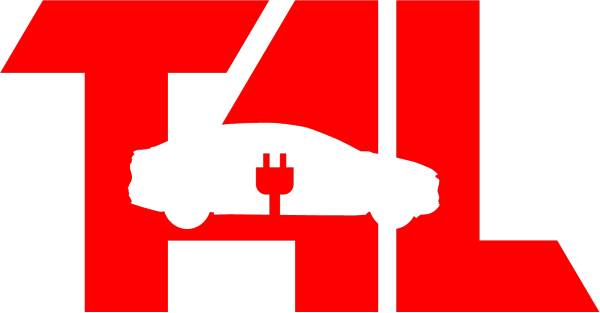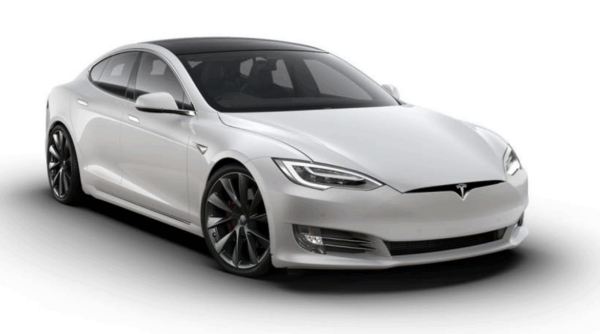
Vehicles today are becoming cleaner, smaller, and smarter. This is brought about by the technological advancements in the field of transportation. Everything is geared towards sustainability. But how about electric vehicles (EVs)? Are they really the transportation of the future?
Defining EVs
An electric vehicle (EV) is a vehicle that is run by electricity often using electric motors that use fuel cells or batteries. By the term “electric vehicles,” we often associate it to cars only. However, electric vehicles also include other forms of transportation such as bikes, trucks, and buses. It also includes boats and planes.
You can find several types of electric vehicles such as all-electric vehicles, hybrid vehicles, plug-in hybrids, and fuel-cell vehicles. The all-electric vehicle uses the battery as the only power source. The hybrid vehicle uses a combustion engine that comes with an electric motor. The plug-in vehicle is also powered by a combustion engine that has rechargeable batteries. The batteries may also be recharged directly by plugging in. The fuel-cell vehicle, on the other hand, can generate its own electricity from onboard fuels like hydrogen. It does not require plugging in.
Is EV the Future?
Is the electric vehicle the future of transportation? Many countries have been making policies anchored on the fact that electric vehicles may be the future. Car sales are also expected by experts to hit 45 million annually by 2040. EVs are not without challenges though. Battery technology has improved in the recent years; however, for larger EVs their power output isn’t sufficient yet for them to be viable.
Electric vehicles have to be powered by renewable energy sources. More strategies and efforts have to be done to ensure a sustainable future. In general, EVs have the potential to reduce carbon emissions and help fight off climate change.
The transportation industry has been exploring multiple brand-new technologies to help in energy management. These include smart changing systems intended for fleet facilities in their charging patterns and for minimizing energy costs, using energy storage to reduce demand for charges, the use microgrid technology that enhances resilience, as well as facility power generation that reduces power needs through resilience.
The promise of future technology includes dynamic wireless charging which allows electric vehicles to charge while on the roadway without the need to reduce speed.

Collaborative Effort
For large-scale electric vehicle operations, it could be that a private charging network would operate, intended for fleet managers and companies. When individual electric vehicle ownership will take off, a comprehensive charging network would be necessary. For this to take place, cities, states, transportation agencies, and utilities have to work together. By collaborating with such entities, several developments are set to happen such as transportation electrification techniques, utility policies and incentives, infrastructure modernization, upgrades in energy distribution strategies, and others. A lot of agencies working together have committed to becoming fully electric by the year 2040. For personal electric cars, public-private partnership projects may accelerate the adoption of plans and strategies that relate to selection, charging networks, energy use, route and route elevation, and others.

It’s a good thing that there’s a growing demand for electric vehicles in general for this will fuel more investments, and in turn will ensure a better of quality of life across many communities around the world.
Video Link: https://www.youtube.com/embed/6AKsvXZscBI
Media Contact
Company Name: T4L
Contact Person: Media Relations
Email: Send Email
Phone: +1 239-203-3313
Address:9128 Strada Place #10115
City: Naples
State: Florida
Country: United States
Website: www.t4l.me